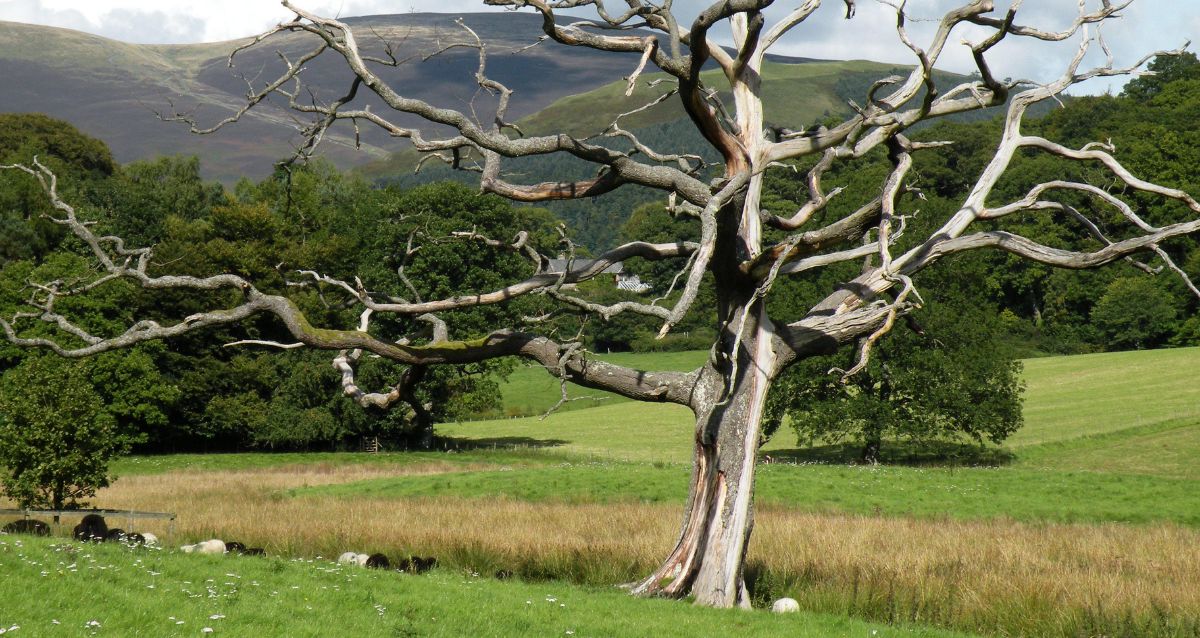"Though the fig tree doesn’t bloom …"
Theological intern expresses the hope and peril of our current climate reality

After my first month of working with the General Board of Church and Society, I would describe my experience, in a word, as “conflicted.”
As I have been introduced to the work that Church and Society does to advocate for climate and environmental justice in the U.S. Congress and at the United Nations, my heart has been filled with excitement and hope at the potential for positive change and a greener, more sustainable future for our world. I’ve also been inspired by the relationships I have made with the staff of Church and Society and the introductions I have received to the work they do on behalf of our church around the world.
Despite these experiences of positivity and hope, I’ve also had feelings of fear and sorrow while assessing the state of our climate around the world. My heart breaks to see one catastrophic climate disaster after another affect communities around the globe, as record-breaking natural disasters have disrupted or displaced the lives of millions.
There is a temptation to isolate one of these two feelings and to reduce my perception of these experiences I am having as simply “positive” or “negative.”
I feel compelled to only hold onto the feelings of excitement and hope, in turn ignoring the bleak state of our climate and the lack of justice being extended to our planet and those who are marginalized and experiencing the worst effects of climate change. I also feel an urge to simply hold on to a more negative and pessimistic view of the alarming state of our global climate and the opposition to the obviously necessary policy changes. That would mean ignoring the great work being done by Church and Society and many other organizations to prevent even more tremendous natural disasters in the future. In spite of this temptation to reduce my experience as simply hopeful or bleak, I have been encouraged by the words of the prophet Habakkuk to hold space in my mind and heart for these conflicting emotions.
Habakkuk 3:17-18 says, “Though the fig tree doesn’t bloom, and there’s no produce on the vine … I will rejoice in the God of my deliverance.” While the “fig tree” of more sustainable and just environmental policies has seemed to not yet bloom and bear fruit, which is cause for genuine distress and lament, this does not mean that there is no reason for hope. Although we must acknowledge that we do not yet see the “produce on the vine” from our labors for a more sustainable environmental future on our planet, we can persevere in these efforts knowing that our God has not abandoned us in this work of deliverance from the perils of our climate crisis. We must find the strength of Habbakuk to persist in our work for a green future, holding the internal “conflict” of fear and hope together, and maintain hope that the “God of (our) deliverance” will lead us to the day when we reap a harvest of justice and sustainability for the future of creation and generations to come.
Wyatt Robinson is a theological intern for GBCS